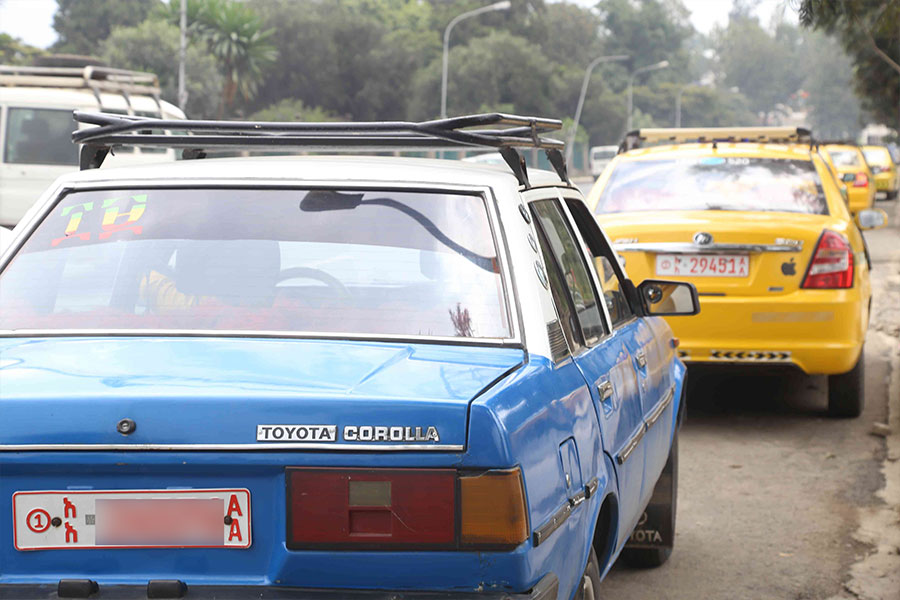
Fortune News | May 21,2022
Oct 12 , 2019
By KALAEB GIRMA ( FORTUNE STAFF WRITER )
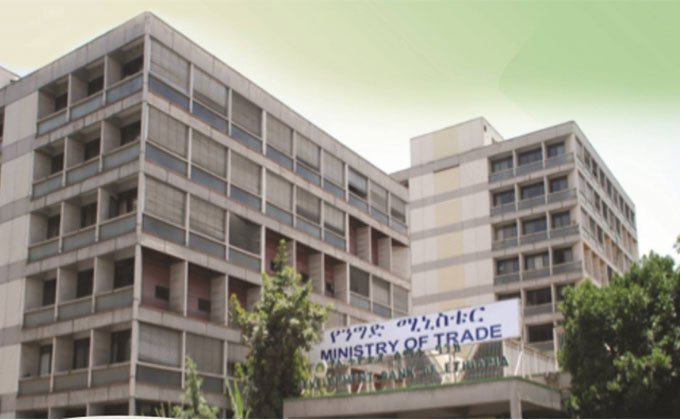 For the procurement of the equipment, the Ministry of Trade & Industry floated a tender on January 18, 2019, split into seven lots. Four companies became eligible for five lots, while the companies vying for the other two lots were not deemed qualified.
For the procurement of the equipment, the Ministry of Trade & Industry floated a tender on January 18, 2019, split into seven lots. Four companies became eligible for five lots, while the companies vying for the other two lots were not deemed qualified. Laboratory equipment, which will be used to test agricultural, textile and leather products, is set to be procured with financial support from the World Bank.
Worth close to five million dollars, the equipment will be used for standardisation, accreditation and conformity assessments of export items. The procurement is part of the National Quality Infrastructure Development Project, which aims to boost exports with 50 million dollars in financing from the World Bank. The project that will phase out in 2022 will benefit exporters, private quality assessment service providers and regulatory authorities.
For the procurement of the equipment, the Ministry of Trade & Industry floated a tender on January 18, 2019, split into seven lots. Four companies became eligible for five lots, while the companies vying for the other two lots were not deemed qualified.
Under the first lot, for the supply of high-tech equipment for a chemical testing laboratory, a Swiss company, HTDS International, was the lowest bidder with a bid of 2.4 million dollars after vying with four other companies. Three of the companies failed to meet technical specifications and requirements, while one of the companies was disqualified, since it offered a price 70pc below the project estimate.
For the supply of regular chemical testing laboratory equipment, eight companies bid for the lot. However, none of them passed the technical evaluation stage.
Dadfeng, a Chinese company in a partnership with a local firm called Dynamic Planners, made the lowest offer of 600,000 dollars under the third lot to supply testing laboratory benches. Five other companies vied with the Chinese firm, but three of them did not pass the technical evaluation, while two of them offered higher prices than the lowest bidder.
For the fourth and fifth lots, Inte Trade Ltd, an England company, placed the lowest offer of 1.3 million dollars and 180,000 dollars, respectively. Inte Trade will supply the Ministry with textile and leather laboratory yarn and fabric testing machines.
The last lot, which was announced for the supply of textile and leather laboratory testing machines, attracted two companies, but both failed to meet the technical specifications and requirements.
Three weeks ago, the Ministry announced its intention to award the four companies and gave a standstill period for the bidding companies to submit procurement-related complaints or grievances.
Following the announcement, complaints were filed against the first and second lots, according to Wondwosen Fisseha, coordinator of National Quality Infrastructure Development Project. This led the Ministry to hold onto the contract award until it reviews the complaint.
AVANT-GARDE Inc, one of the bidders, filed a grievance and had a discussion with the Ministry on October 7, 2019. During the meeting, the Ministry defended its decision and disregarded the complaint, according to Wondwosen.
The Ministry is also planning to float a tender for the two lots, which did not bear fruit, according to Wondwosen.
"We'll continue with the tender and will award the winning bidders soon," Wondwosen told Fortune.
Experts in the area see the significance of the procurement and the project in general.
In the international market, the export of certain commodities requires various standard and quality assurance tests, according to Ambi Bekele, a quality assurance expert who has worked in the industry for over seven years.
“Until now, while some of the tests were made here, the country had to send samples for testing,” he said.
He believes the establishment of quality and standard tests at the national level helps not only exporters but also producers and others in the value chain, as it will enable them to get direct feedback and help them improve their products.
Last June, as part of the programme, the Ministry of Trade & Industry signed a memorandum of understanding with the Agricultural Transformation Agency to establish and upgrade two internationally accredited quality testing laboratories for honey.
PUBLISHED ON
Oct 12,2019 [ VOL
20 , NO
1015]

Fortune News | May 21,2022

Radar | Jan 25,2020
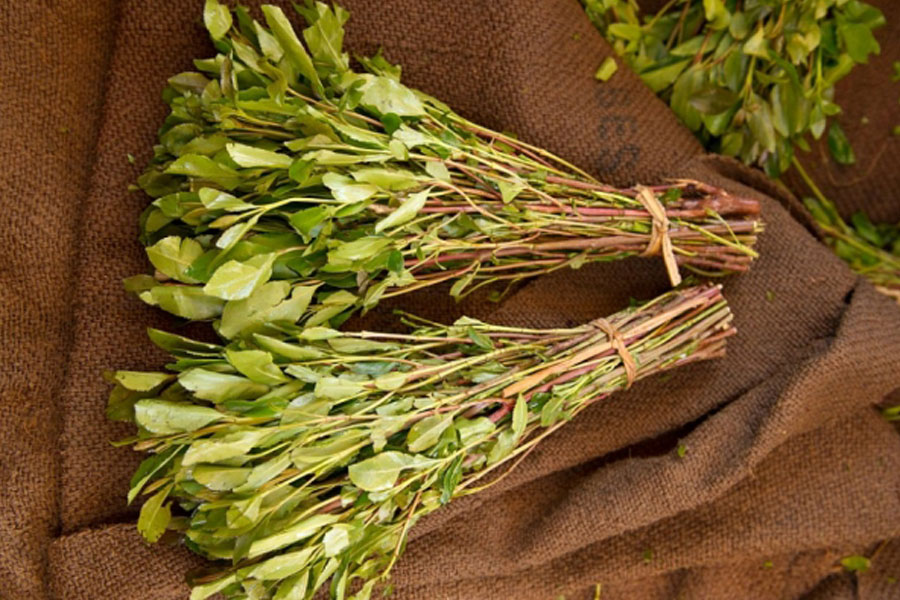
Fortune News | Dec 08,2024

Fineline | Oct 03,2020
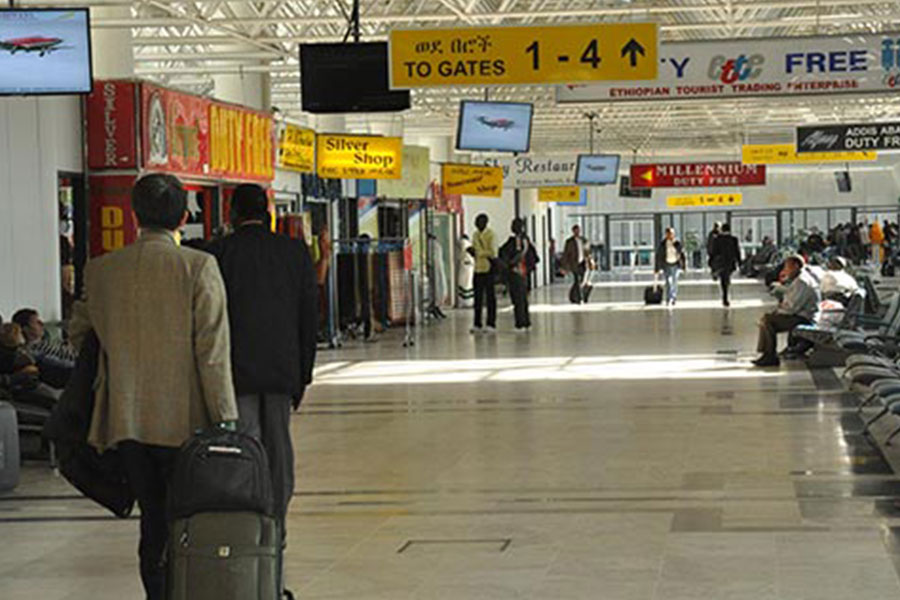
Agenda | Dec 11,2021
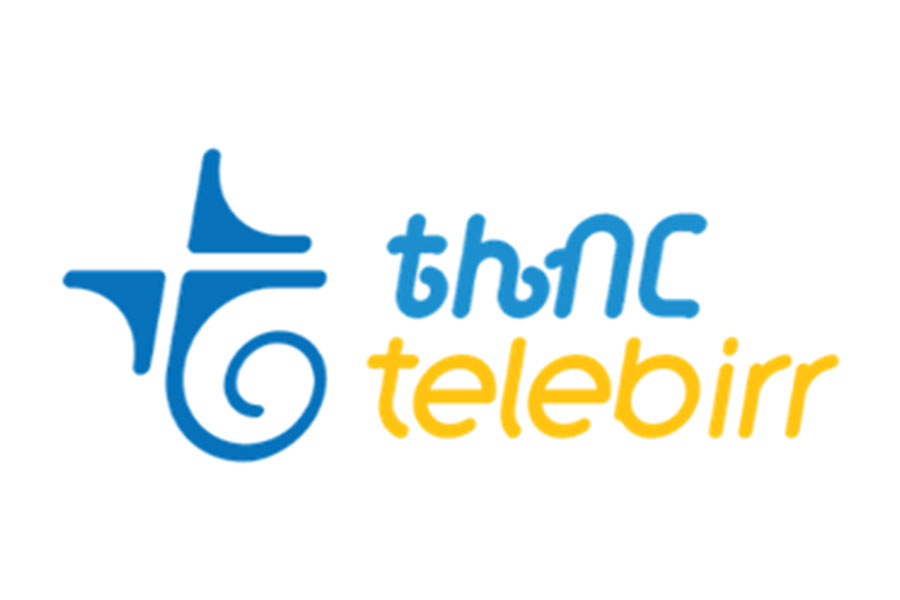
Radar | Apr 03,2023
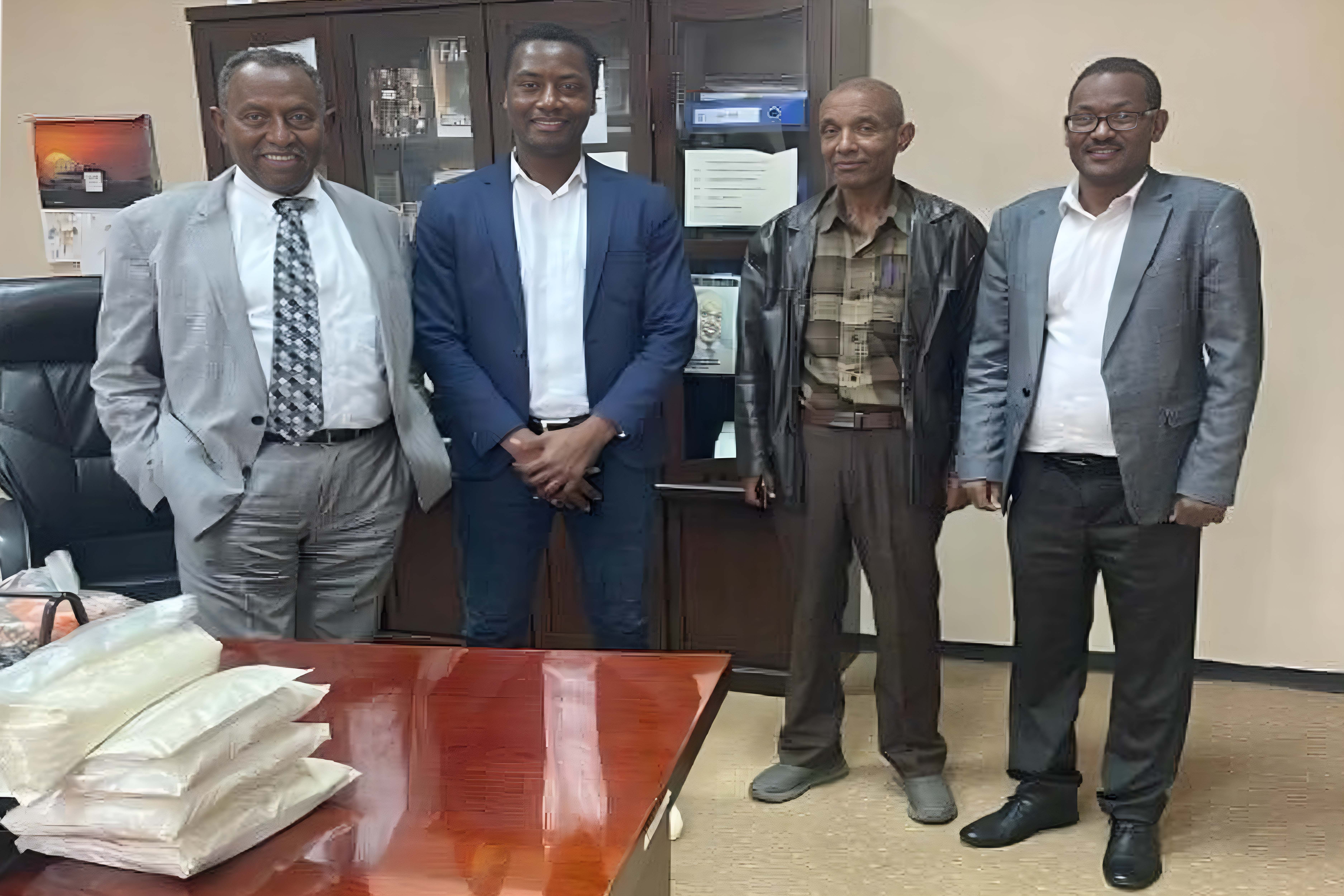
Sponsored Contents | May 22,2023
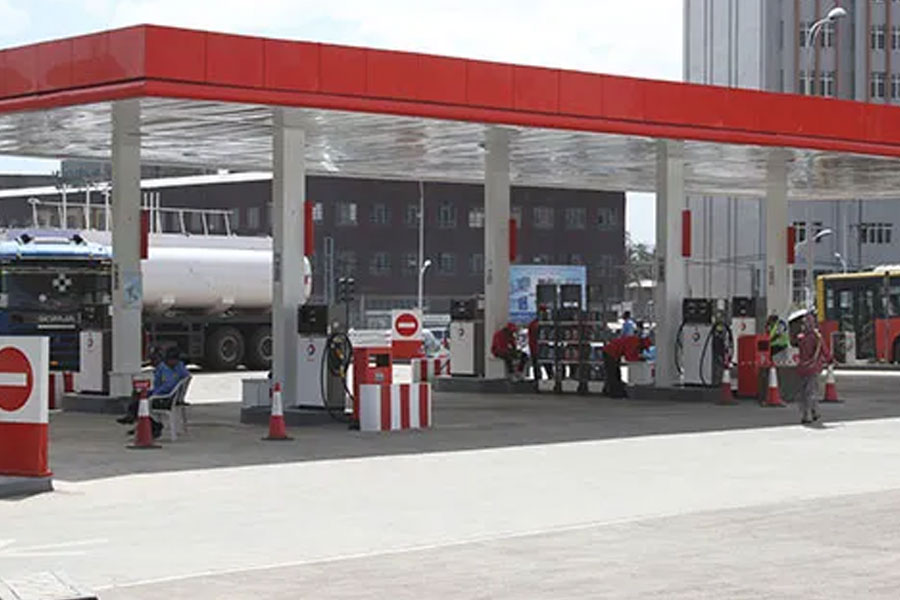
Fortune News | Nov 20,2021

Fortune News | Mar 20,2021
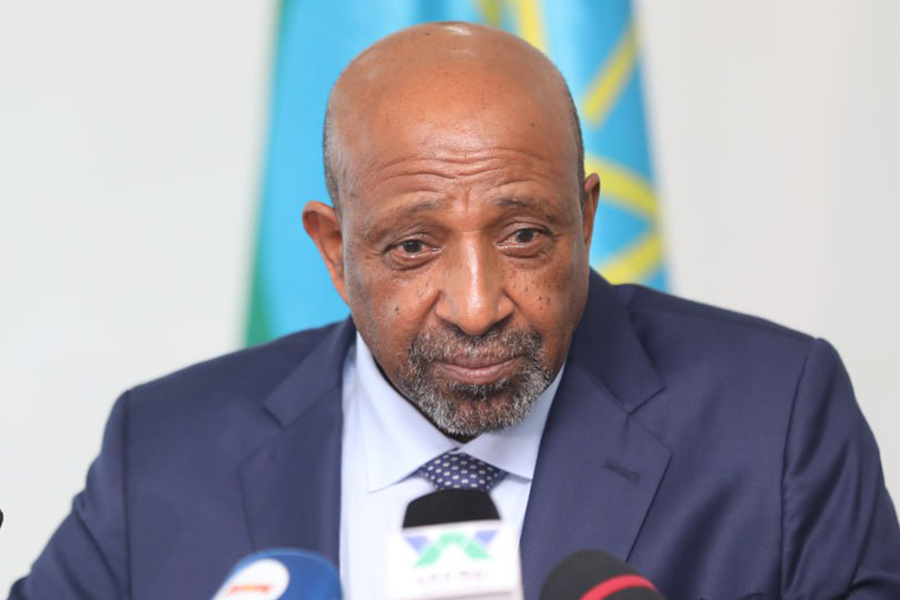
Radar | Sep 14,2024

Dec 22 , 2024 . By TIZITA SHEWAFERAW
Charged with transforming colossal state-owned enterprises into modern and competitiv...

Aug 18 , 2024 . By AKSAH ITALO
Although predictable Yonas Zerihun's job in the ride-hailing service is not immune to...

Jul 28 , 2024 . By TIZITA SHEWAFERAW
Unhabitual, perhaps too many, Samuel Gebreyohannes, 38, used to occasionally enjoy a couple of beers at breakfast. However, he recently swit...

Jul 13 , 2024 . By AKSAH ITALO
Investors who rely on tractors, trucks, and field vehicles for commuting, transporting commodities, and f...

Oct 18 , 2025
The political establishment, notably the ruling party and its top brass, has become p...

Oct 11 , 2025
Ladislas Farago, a roving Associated Press (AP) correspondent, arrived in Ethiopia in...

Oct 4 , 2025
Eyob Tekalegn (PhD) had been in the Governor's chair for only weeks when, on Septembe...

Sep 27 , 2025
Four years into an experiment with “shock therapy” in education, the national moo...